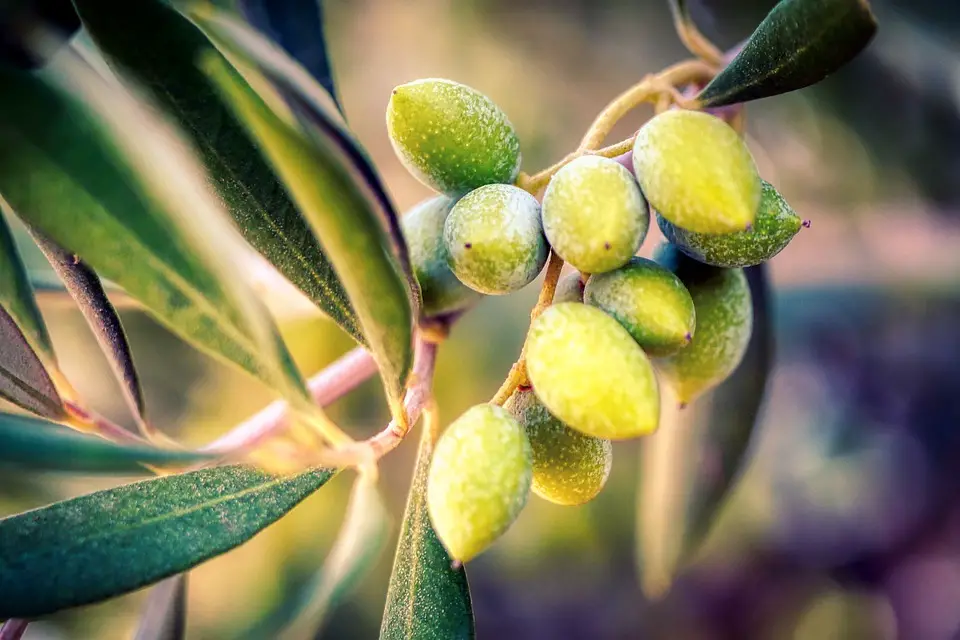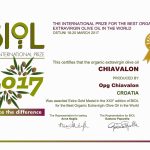As Poslovni Dnevnik writes, the country’s many olive growers are currently facing quite serious issues as the artificial fertilisers they typically use have become drastically more expensive as inflation continues.
”We’ve already done the winter fertilisation, and now we’re waiting for the rain to start coming before we deal with the spring fertilisation combined with artificial and manure fertilisers,” explained one of the largest northern Istrian olive growers, Drazen Cernek from Brnozi near Sovinjak, adding that fertiliser prices have skyrocketed. Last year, one tonne stood at around 3,000 kuna, and this year it is a significantly higher 8,000 kuna.
There are olive growers who, owing to that, won’t even bother to use artificial fertilisers this year, the prices of which are obviously rising sharply, among other things due to the increase in the price of natural gas, key raw materials. Instead, they’ll take their chances and leave everything to “nature”.
However, those who are professional olive growers cannot afford to do that, because the proper spring fertilisation of their olives as well as keeping hold of their long-term olive groves is a prerequisite for increasing their yield and fruit quality for the countless Croatian olive oil lovers who make purchases from across the world.
The increase in the price of artificial fertiliser will not only affect the country’s olive growers themselves, but also all other producers of agricultural products from cereals to potatoes and vegetables, local portal Glas Istre/The Voice of Istria writes.
The growth of all inputs typically purchased by the nation’s many agricultural producers is so great, according to the county head of agriculture, Ezio Pinzan, that only those agricultural producers who have very well-organised production and business operations from start to finish will be able to continue to do business. It will be very difficult for others who don’t have the opportunity to really market their Croatian olive oil, which means that they don’t have already branded products and customers, ie they cannot achieve a slightly better price.
Not only have fertiliser prices risen due to higher gas prices, but blue diesel has also risen in price, as has electricity.
”Last year, due to the lower yield of olives, the question was whether the price of extra virgin Croatian olive oil would increase, and it was then said that it probably wouldn’t, and it didn’t. Because, farmers know, one year the yield is a little higher, one year it’s a bit lower, and they didn’t want to lose any customers by raising their prices. However, I think they will now be forced to do precisely that because these price increases will affect all agricultural products, and olive growing isn’t immune to that either.
We hope that there will be a good production year, that there will be fruit, that there will be Croatian olive oil to be had and purchased, we know that it will be of top quality, but the production price of that olive oil will certainly increase the final price for consumers. Now is the opportunity for as many of our agricultural producers as possible to turn to organic farming and to use as few fertilisers as possible,” Pinzan concluded.
For more, check out our lifestyle section.










